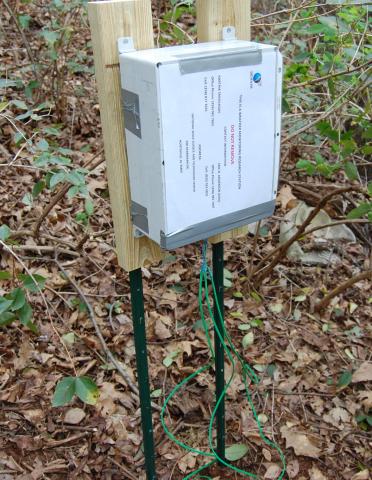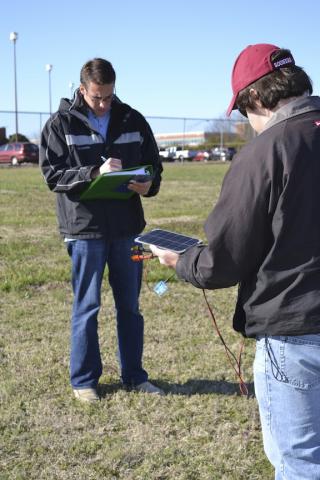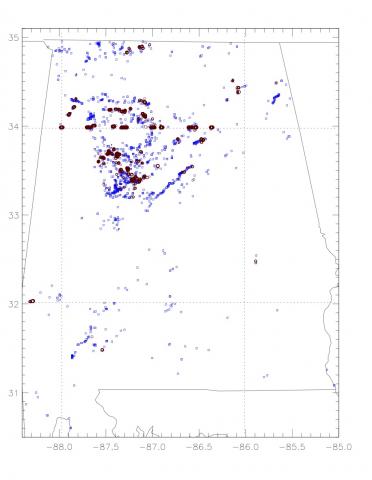UAH Landslide Research Goes International



Dr. Udaysankar Nair of the University of Alabama in Huntsville (UAH) recently took results from his research involving monitoring and prediction of landslides on the road to India, explaining the possible application of the technology to high-risk regions in that country. Dr. Nair is an Associate Professor in the UAH Atmospheric Science Department, lead on a UAH-funded research initiative, and co-investigator of a GHRC-based NASA Applied Science project which uses the GHRC's event-driven data delivery (ED3) framework to trigger Earth science data retrieval and/or model runs based on a user's preparedness plans. While intense and/or sustained rainfall is often the primary trigger for landslides, soil type and slope are also important factors in determining the location and timing of slope failure. In a collaboration among UAH, the Universities Space Research Association (USRA) and NASA's SERVIR program, Dr. Nair's team has developed and installed a wireless sensor network (WSN) equipped with accelerometer, rainfall and soil moisture sensors that is being integrated into an end-to-end landslide warning system. The WSN is being tested to ascertain communication capabilities and the density of nodes required depending upon the nature of terrain and land cover. The system includes a water table model that provides a deterministic assessment of slope stability by evaluating horizontal and vertical transport of underground water and associated weight bearing capacity. The proposed end-to-end system has the potential for generating warnings which can trigger ED3 framework to assemble relevant data and model runs for delivery to decision makers in the affected regions. Below are a couple of articles highlighting the research with respect to application in India.
http://apnaindia.com/news/kerala-biodiversity-board-plans-climate-change-study-121140.html
- Log in to post comments




